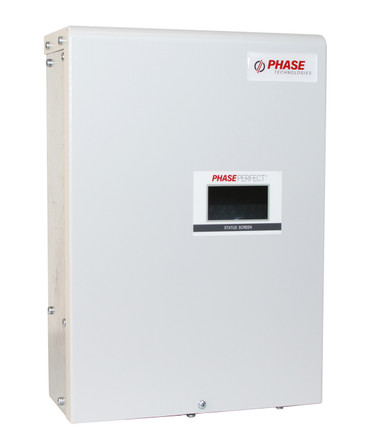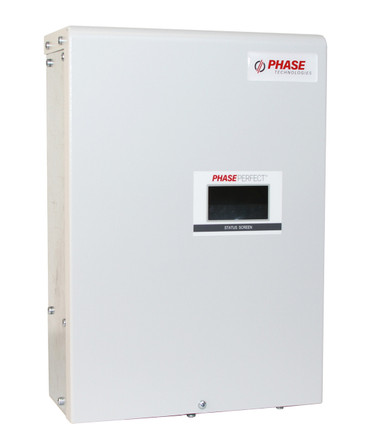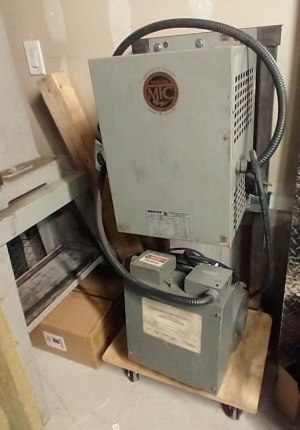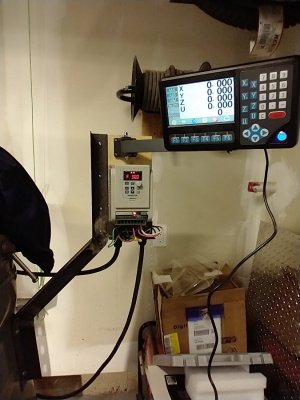I just asked this in GJ, but I’m thinking some people here might have good insights specifically related to the hobby.
So I am going to buy a small 5hp phase converter to run my 1.5hp Bridgeport. I have done some research into American Rotary Phase Converters and they use Baldor motors which I like, have a great warranty, have great customer service, and overall it seems like a very quality product. I’ve spent a long time talking to them and they have been helpful in figuring out what I need. The model I’ve been looking at is the ADX-5.
My father in law does a lot of electrical for his business and he likes the digital phase converters, specifically recommending the 5hp Phase Perfect digital converter.
Does anyone recommend one either way? They are equally priced so longevity and quality are main concerns. Thanks!
So I am going to buy a small 5hp phase converter to run my 1.5hp Bridgeport. I have done some research into American Rotary Phase Converters and they use Baldor motors which I like, have a great warranty, have great customer service, and overall it seems like a very quality product. I’ve spent a long time talking to them and they have been helpful in figuring out what I need. The model I’ve been looking at is the ADX-5.
My father in law does a lot of electrical for his business and he likes the digital phase converters, specifically recommending the 5hp Phase Perfect digital converter.
Does anyone recommend one either way? They are equally priced so longevity and quality are main concerns. Thanks!





